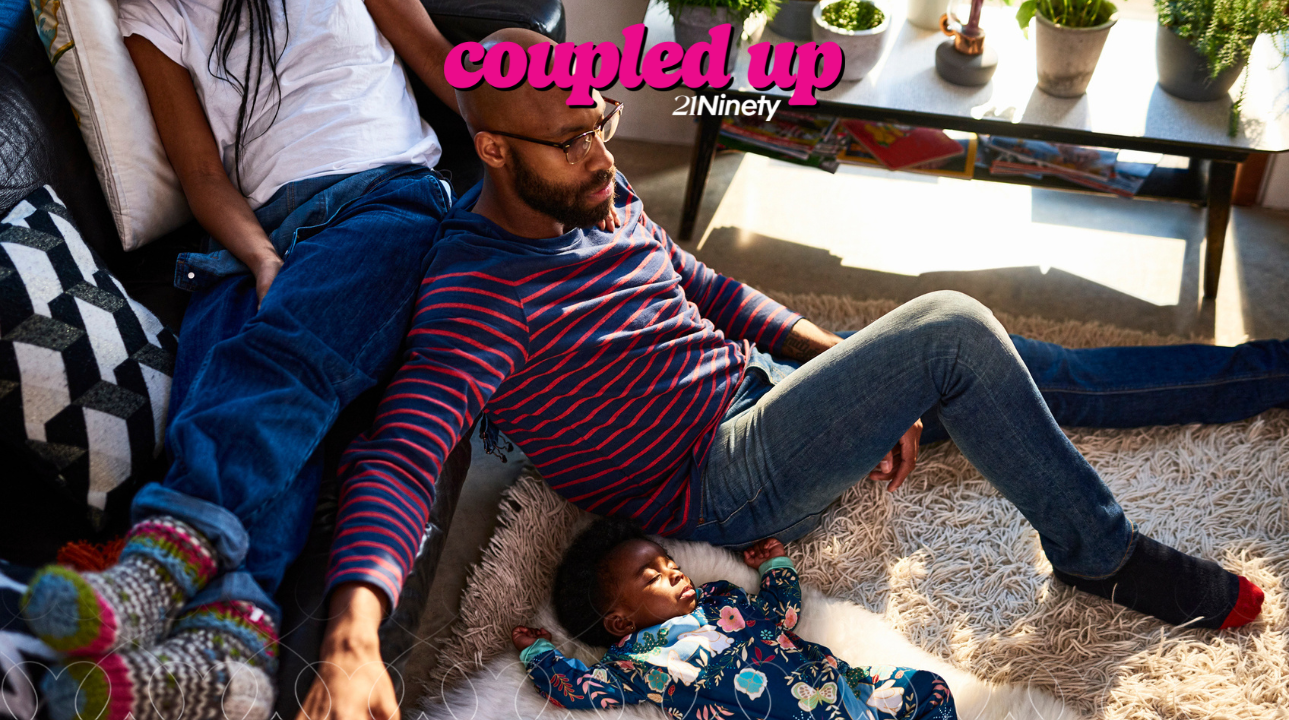Babies can change your outlook on life, your sleeping habits and your priorities. While parents-to-be expect and try to prepare for the changes, they often underestimate the strain placed on a relationship after a baby is born. While you’re trying to get a new human acclimated to the world, this time period can be a breeding ground for resentment for both parties.
Licensed marriage and family therapist Cherlette McCullough describes this as postpartum resentment. Both old and new parents can experience this feeling, which can impact their relationship greatly. For mothers, who may take on more responsibility, this resentment can cause a rut in the partnership.
“Moms lose that freedom and flexibility they had before having children,” McCullough explained to 21Ninety. “Moms have told me they’ve had to use the bathroom with the baby in their arms, while dad is out doing something else.”
These negative feelings about your partner can eventually turn into anger. When anger is present, McCullough says it leads to other problematic behaviors and feelings, like loneliness, irritability and withdrawing. She finds that many of the couples she works with aren’t aware that resentment is brewing in their relationship. However, when she describes the phenomenon, it becomes clear that that is exactly what they are feeling.
Guilt
Couples are hesitant to identify their feelings of resentment because it doesn’t look like the typical problems associated with the downfall of a marriage.
“Usually in marriages, if your partner is coming home, taking care of the household responsibilities and showing up, … we think there’s no justification for having resentment,” McCullough said. “That’s just not true. These issues are really real after giving birth.”
In addition to the physical changes of delivering a child, women also experience psychological and emotional changes.
“Psychologically, mom could be going through some anxiousness,” McCullough explained. “She could be going through stress, … the ability to manage herself, her marriage, her homelife and possibly going back to work. There’s a lot of worry around managing all of those things together.”
That doesn’t even begin to address the more serious and lingering issue of postpartum depression, influenced by hormones and brain chemistry. McCullough says that a lot of moms make the mistake of trying to manage it on their own, waiting to seek professional help until they notice their feelings are impacting their ability to bond with their baby.
Discuss Expectations
McCullough says the way to combat a problematic relationship after a baby is to talk early about the expectations each party has for one the other.
“Talk about what support would look like for each other,” McCullough said. “Will there be a feeding schedule? How much time will each of you take off of work? When would like for the baby to go to daycare? All those intricate things that seem like you already know the answer to are [important to discuss.]”
Listen and Adjust
It’s important for couples to share their vulnerability with each other and express when their needs aren’t being met. McCullough said it’s about what your partner needs.
“Allow mom to say what she needs help with because sometimes she may not be able to put it in words,” she said. “Be open to say, ‘What’s going on, how can I help? What do you need in this moment?’ When she does say what she needs, support her in that.”
McCullough says there are men who would be more willing to help, but they don’t know what their partner needs.
“I think a lot of times, moms have the expectations that dads can read their minds,” McCullough said. “Sometimes, as women, we show up as super moms. We show up as super woman, and [dads] think, ‘Oh, she got it under control. She’ll tell me if she needs something.’”
Get Creative
In addition to sharing expectations and asking for the help you need, McCullough also advises new parents to get creative with the time they spend together.
“A lot of times, people think how we start dating is how we’re going to continue dating, but it’s really about embracing transition,” McCullough said. “It helps them have the ability to be more creative. When the child goes down for a nap or when the child goes down for the night, that’s when the two of you can have date night in the house or just spend time together.”
McCullough said the trick is that both parties have to be committed to making time for one another. One person putting forth effort while another resists can lead to more resentment. Ultimately, McCullough wants couples to remember that they are not helpless. While relationships after a baby may change, she says the couple has the power.
“You have the ability to create the environment that they want to have,” McCullough said. “You are creating a new norm in this transition doesn’t mean that you’re helpless. Show yourself some compassion. You’re creating your new norm.”
